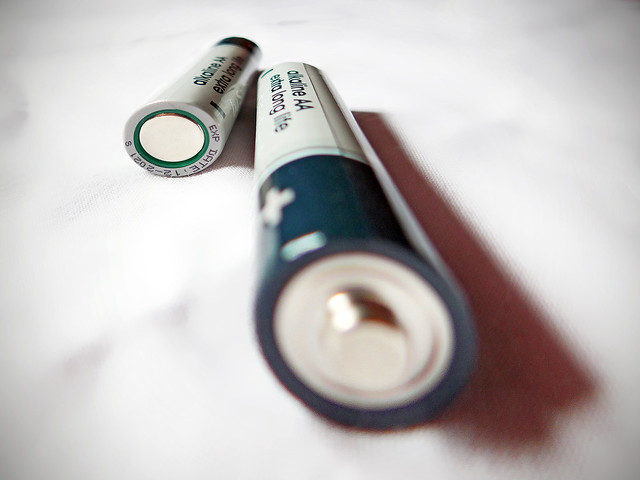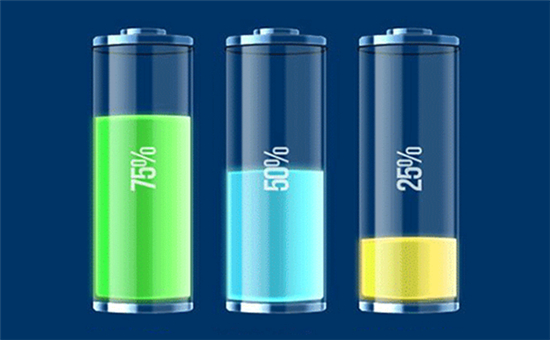Lithium Battery Research Development
Oct 22, 2019 Pageview:1418
How much do you know about lithium battery development history?
The British Chemist M. Stanley Whittingham first proposed using Lithium to make batteries in the year 1970. Whittingham used electrodes made from Titanium Sulfide and Lithium. Whittingham rechargeable lithium battery could never be made practical as it was very expensive to make in the first place in the 1970s. Not only was that, but the chemical reaction that happens when the electrodes are exposed to air toxic to animals and humans. For these reasons Exxon, "the institution that funded Whittingham endeavors" shut down this project. At that time Lithium batteries were dangerous as Lithium metal reacted with water releasing flammable hydrogen gas in the process. That is why the need for an alternative was asked for. That is why researches in early 1970 were focused on finding that alternative, until the year 1974 when J. O. Besenhard proposed the usage of Lithium compounds instead of Lithium metals in batteries. Since then, the development of Lithium-ion batteries has been skyrocketing every year.
It was the year 1991 when Sony announced its new product the lithium-ion battery. Since then, the commercial production of lithium-ion batteries has been performed. This invention allowed the manufacturer to produce cell phones at a much smaller scale.
Future batteries coming soon: lithium battery new technology research
Research in the field of Lithium batteries has never been more progressive than nowadays. In the year 2019, the Nobel Prize in chemistry was awarded to three scientists for their spectacular work in the field of developing lithium-ion batteries.
The prize was awarded to John B Goodenough, M Stanley Whittingham, and Akira Yoshino. They will receive equal shares of the prize. Their work in the lithium-ion batteries has laid the foundation for a fossil-fuel-free world. It is literally a huge step in the right direction for all of humankind. New Lithium-ion batteries now are much lighter than their predecessors, more compact, and are able to hold their charge for a longer time. Moreover, their compact flexible size allows them to be used in every single thing from mobile phones to laptops to even electric vehicles.
Due to modern technology and researches, electric cars' batteries are no longer two tones in weight, but rather just 300 kilograms. The work of the Nobel Prize winners allows us to store energy from renewable sources like the sun, and the wind into those lithium-ion batteries.
Battery reality: There's nothing better than the lithium-ion battery
Lithium-ion batteries have built a reputation for itself that no product can overcome, at least for the time being. Lithium-ion batteries have proven to be the best solution for a rechargeable source of energy. Not only that nowadays energy can be stored from renewable resources (sun and wind) directly to lithium-ion batteries.
Scientists believe that there is no need to find a replacement for lithium-ion batteries. Instead, all of the current research work is to upgrade those batteries. Since the first lithium battery that was designed in 1970 until this moment, all that was done in the field was upgrading and enhancing the same battery "Lithium-ion battery"
The current researches focus on removing the flammable liquid from inside the lithium-ion batteries. The liquid that can cause those batteries to catch fire. The call the new upgrade a Solid-state battery.
It is also worth mentioning that the Lithium-ion batteries now are the most economical solution for portable energy sources. Their manufacturing prices have become very affordable, that they are the number one choice for every single mobile phone, laptop, and even electric cars manufacturers.
Another reason that makes the Lithium-ion batteries irreplaceable -at least for now- is their size. Storing Lithium-ion batteries in bulk is simple task. They are compact, small, flexible and versatile. They can be stored easily and hassle-free. Not only that, but their shelf life is phenomenal. One battery can be stored for up to ten years.
Researches now are also focusing on how to integrate Lithium-ion in all energy storage aspects. However, the problem they are facing is the discharge rate, which is relatively small. The challenge now is to produce a lithium-ion battery with a very slow discharging system that can last for more than one day. Moreover, researches are also concerned by the size of these batteries. They want to make a small battery with large capacity. As mentioned before, electric cars' batteries before were around two tones, nowadays they are only 300 kg. If they could make it even less, it would be a huge step in the right direction.
In addition, integrating lithium-ion batteries in more applications will eventually save the planet. That is because -as previously mentioned- you now can store energy in the battery coming from renewable resources. Thus, reducing the need for fossil fuels. If we succeeded in reducing the need for fossil fuels even by 5% annually. Then in less than a century from now our planet would be saved from the harmful emissions that come from using fossil fuels.
- Prev Article: Lithium Battery Passivation
- Next Article: What happens when you puncture a lithium-ion battery?
Leave Message
Hottest Categories
-
Hottest Industry News
-
Latest Industry News











